Iran’s Khamenei Rejects U.S. Demands on Nuclear Enrichment as Talks Falter
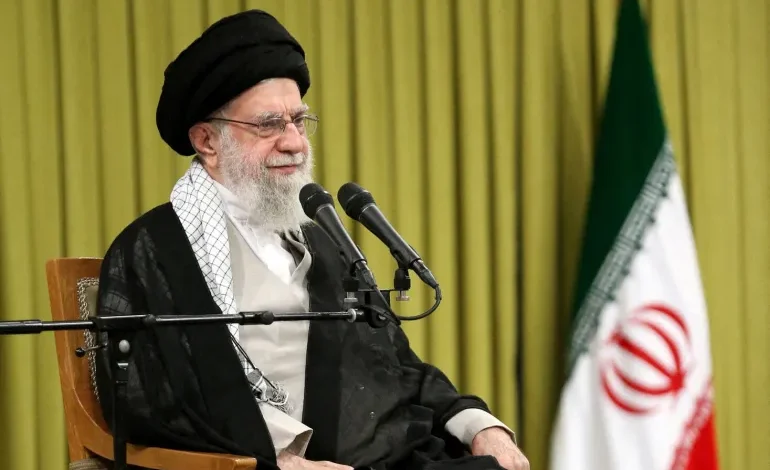
Iran’s Supreme Leader Ayatollah Ali Khamenei has dismissed American demands that Tehran halt its uranium enrichment activities, casting doubt on the future of ongoing nuclear negotiations between the two countries, as per Al Jazeera.
“Statements like ‘We will not allow Iran to enrich uranium’ are nonsense,” Khamenei said during a speech on Tuesday, as reported by Iran’s semi-official Mehr News Agency. “No one in Iran is waiting for others’ permission.”
The remarks come as U.S. and Iranian officials remain locked in a tense diplomatic effort mediated by Oman, with four rounds of indirect talks since mid-April. The negotiations aim to rein in Iran’s nuclear program in exchange for easing U.S.-led sanctions. However, escalating rhetoric and clashing red lines have thrown the next expected round—reportedly planned for Rome—into uncertainty.
Tehran has consistently argued that its uranium enrichment program is for peaceful purposes and non-negotiable. Iran currently enriches uranium to 60% purity, significantly higher than the 3.67% limit set under the 2015 nuclear deal known as the Joint Comprehensive Plan of Action (JCPOA), though still short of weapons-grade 90%.
The U.S. remains unconvinced. Lead American negotiator Steve Witkoff called any continuation of enrichment a “red line,” warning Sunday that “we cannot allow even 1 percent of an enrichment capability.”
Khamenei, however, made clear that Iran would not be dictated to. He also expressed skepticism about the likelihood of success in the current diplomatic process:
“I don’t know whether the talks will bring results.”
Since his return to the White House in January, President Donald Trump has reintroduced his “maximum pressure” campaign against Iran, which he previously launched after withdrawing from the JCPOA during his first term in 2018. He has made clear that his administration seeks a stricter, more comprehensive agreement.
Last week, Trump warned that negotiations needed to “move quickly or something bad is going to happen,” suggesting a limited window for diplomacy.
In a brief remark to reporters, Trump said he didn’t want to make “nuclear dust” in Iran, implying a preference for negotiation—but with a clear threat of military consequences if talks fail.
On Tuesday, Tehran confirmed it had received a new proposal from Washington, though details remain undisclosed. Iran’s Deputy Foreign Minister Majid Takht-Ravanchi warned the day before that any demand to stop domestic enrichment would be a dealbreaker.
Foreign Minister Abbas Araghchi echoed this sentiment, saying a deal preventing Iran from obtaining nuclear weapons was “within reach,” but emphasized that enrichment would continue “with or without a deal.”
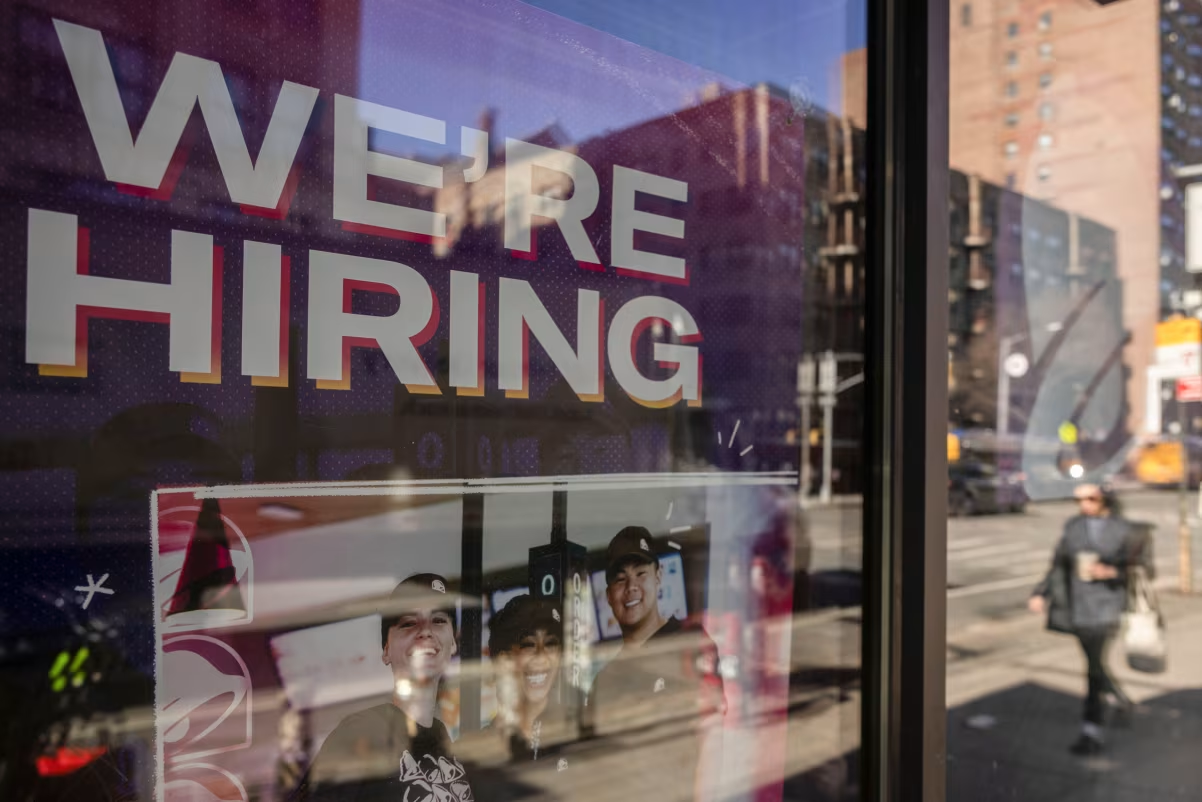
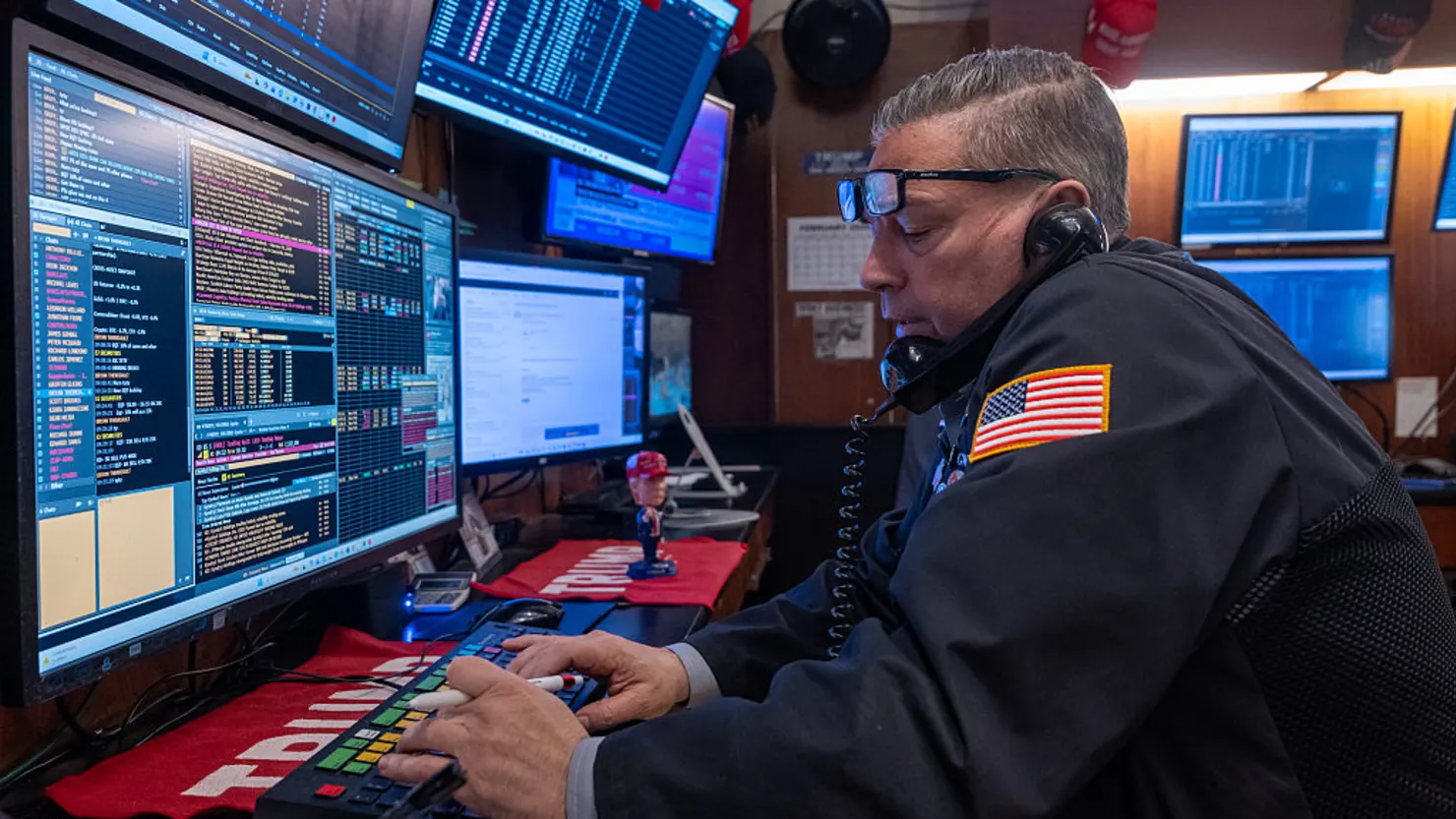
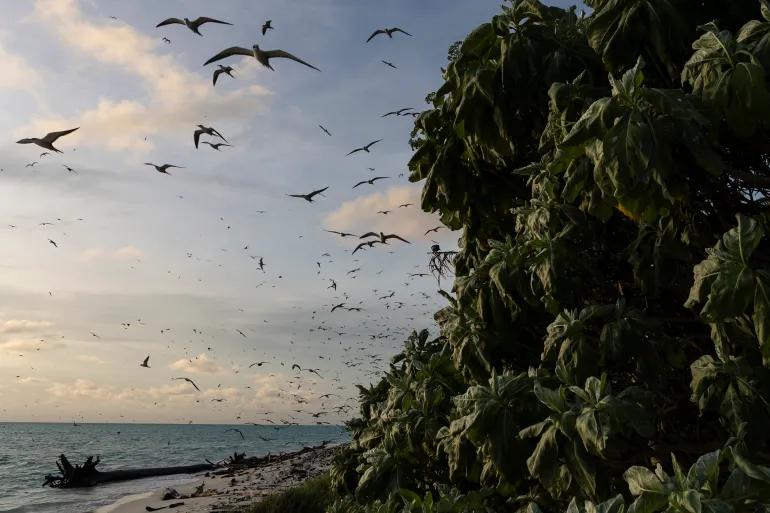

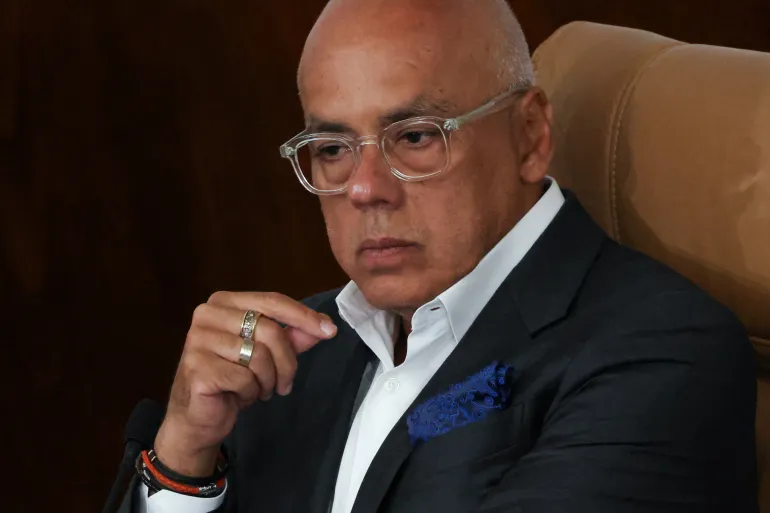




The latest news in your social feeds
Subscribe to our social media platforms to stay tuned